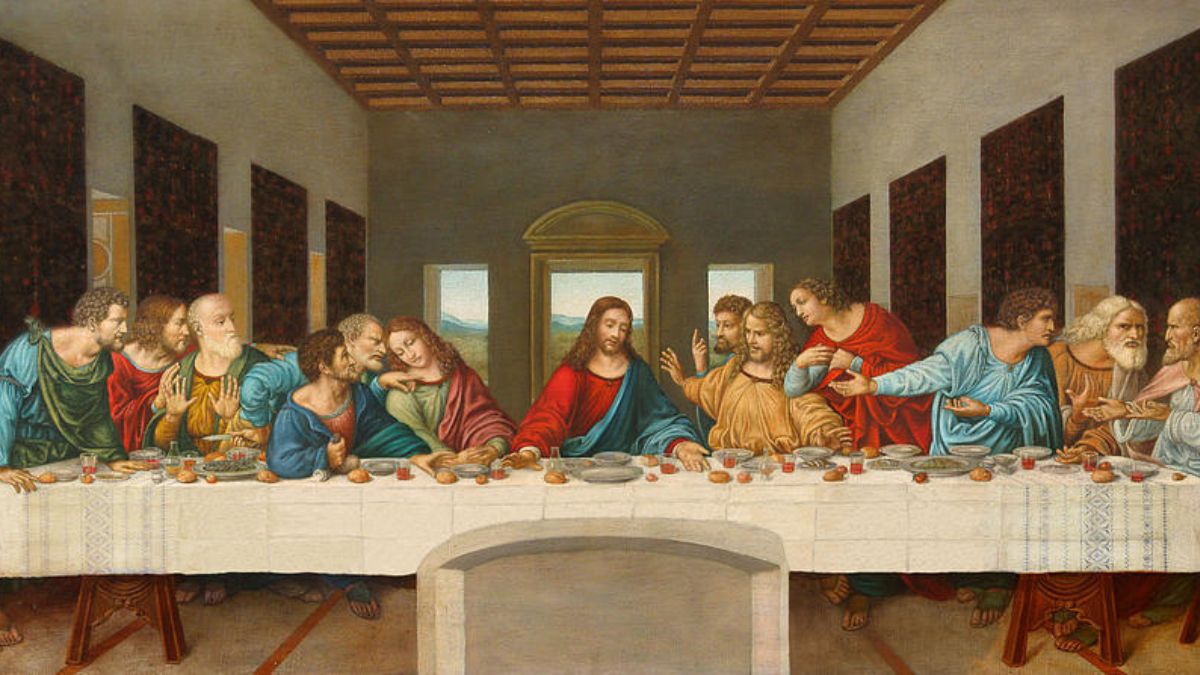


The Supreme Court recently ruled that Amendment Two, a state constitutional amendment passed by the people of Colorado, was unconstitutional–and in so doing, the Court drove a stake through the heart of the American experiment in self-government.
Romer v. Evans marks the end of an era in American history. In less than two decades we’ve gone from being a nation ruled by self-governing men and women to a nation subject to, as columnist George Will put it, “some judge’s epiphany concerning a hitherto undetected constitutional right.”
The reasoning in Romer v. Evans is almost beside the point. Four years ago Colorado voters were asked to decide whether to amend their constitution to prohibit cities from passing laws giving special protection to homosexuals in such areas as employment and housing. Despite intense opposition by gay groups, Coloradoans passed Amendment Two.
Now, the crux of the issue is this: The people of Colorado were given a choice. And by a clear majority, they voted to deny special civil rights protection to a class of people defined by whom they sleep with.
We once called that democracy. But the losing side refused to accept this democratically attained decision. They asked for, and received, an injunction against Amendment Two. This injunction was upheld by the Colorado Supreme Court. And yesterday the U.S. Supreme Court ruled that Amendment Two was unconstitutional. “We must conclude,” wrote Justice Anthony Kennedy, “that Amendment Two . . . classifies homosexuals not to further a proper legislative end but to make them unequal to everyone else.”
That’s absurd, and all this talk about a “proper legislative end” was more than Justice Antonin Scalia could stomach. “Today’s opinion,” Scalia wrote, “has no foundation in American constitutional law, and barely pretends to.” He added, “The people of Colorado have adopted an entirely reasonable provision. Striking it down,” he concluded, “is an act, not of judicial judgment, but of political will.”
Exactly right, Justice Scalia. His use of the word “reasonable” gets to the very heart of the matter–and to the reason why democracy’s obituary may have been written yesterday.
The failure of the majority to find anything “reasonable” in Amendment Two indicates that on the issue of homosexuality–as with abortion and doctor-assisted suicide–judges feel free to impose their own values on the rest of us. In effect, they’re saying to the American people: “We’re not going to let you govern yourselves. If you pass a law we don’t like, we’re gonna strike it down.”
That’s why Romer v. Evans has profoundly serious implications that go far beyond the question of preferential treatment for homosexuals. The central question is this: Do the people have the right to govern themselves through their elected representatives, as our founding fathers intended? Or will judges continue to arrogate that right to themselves?
That’s why the great issue of this year’s election is what kind of judges the next president will appoint. The survival of the American experiment in self-government depends on restoring the founders’ vision. Because if judges continue to assign this kind of power to themselves–power that properly belongs to American citizens–then we will soon see widespread protest and worse, open insurrection.
And then, all that will be left to do is bury democracy’s remains.
Have a Follow-up Question?
Related Content

© Copyright 2020, All Rights Reserved.














